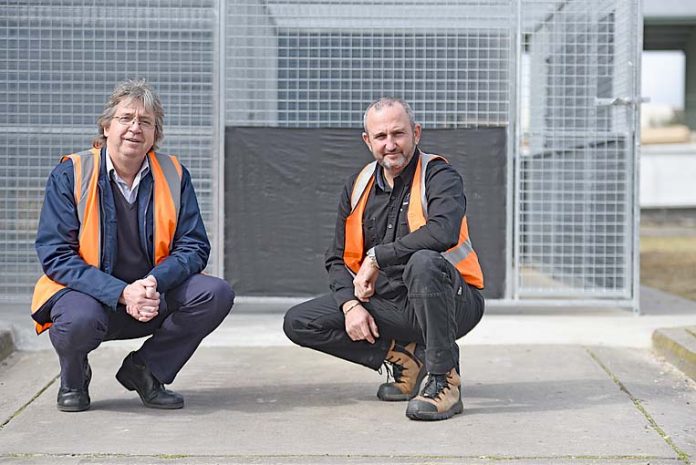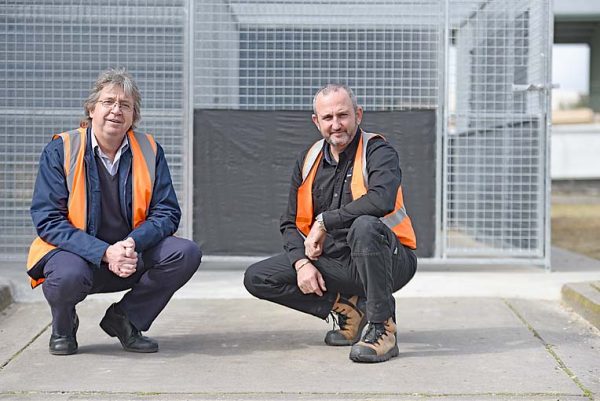

THE long-term sustainability of the district’s charity animal shelter has been delivered a major blow with Grant District Council rejecting a plea for additional operating funds.
Elected members on Monday night voted not to bump up a $12,000 allocation to the embattled South East Animal Welfare League this financial year.
League proponents have formally requested an additional $100,000 collectively from both Grant council and its City Council counterpart.
Ahead of Monday’s decision, league representatives warned the shelter – which gives a temporary home to more than 200 dogs and 140 cats per year – may have to close in the future.
The decision comes amid council building a new and larger dog compound at its Mount Gambier headquarters, which is expected to hold dogs for up to 48 hours.
The compound is nearing completion and will have three separate cages to hold wandering pooches.
Council deputy chief executive officer Jane Fetherstonhaugh told the council meeting there had been a downward trend in the number of dogs at the league.
She said a significant factor in the reduction was the use of social media in identifying roaming dogs.
Another factor was more than 75pc of dogs in the Grant district have been microchipped, which stemmed from new dog and cat laws.
“If they are microchipped, dogs do not go to the pound. They get scanned and go back to the owner,” Ms Fetherstonhaugh explained.
She suggested council should let the current financial agreement “run its course” this financial year and for the newly elected council to make the decision moving forward.
“There has been a fairly large decline in animal numbers at the shelter … last financial year there was only 33 (Grant) council dogs,” Ms Fetherstonhaugh said.
She said this equated to around $467 per dog.
Ms Fetherstonhaugh said the organisation did have money in reserve to get it through the financial year.
Adding to the debate, Cr Shirley Little argued council should not commit to a new funding arrangement given it was just weeks away from being in caretaker mode due to the upcoming local government elections.
“In my opinion, we really need to let the current contract run its course,” Cr Little said.
“By June 2019, we would know how many dogs and cats have come in due to the microchipping.”
Meanwhile, Cr Gillian Clayfield questioned whether the league’s expansion plans were viable given the decreasing number of animals taken to the shelter.
League president Natalie Zwar yesterday described council’s decision as “disappointing” and a setback for the shelter.
But she said a bigger setback would be if Mount Gambier City Council also rejected its request for additional funds given the majority of animals came from within the city boundary.
“This would be a bigger blow to us … I do not think councillors realise the long-term effects if the shelter closed,” Ms Zwar said.
She questioned the costs to council if they had to pay staff to clean cages and feed animals and raised concerns more animals would be euthanised.
Conceding animal numbers had levelled at the facility, she said they had not dramatically declined.
Ms Zwar thanked the community for donations, including food, that had been pouring into the facility, which was battling growing operational costs.
While the closure of the facility in the long-term remained a possibility, she said proponents were committed to keeping it operational.
“We will not be making any rash decisions at this time,” said Ms Zwar, who explained the organisation had cash reserves to keep it afloat until June.
She said proponents of the shelter would have to look “outside the box” to raise money for its operational costs.
The league is being hit with rising costs, including cat litter, veterinary care for injured and ill animals, along with desexing and microchipping.
Mount Gambier City Council is yet to make a decision.







